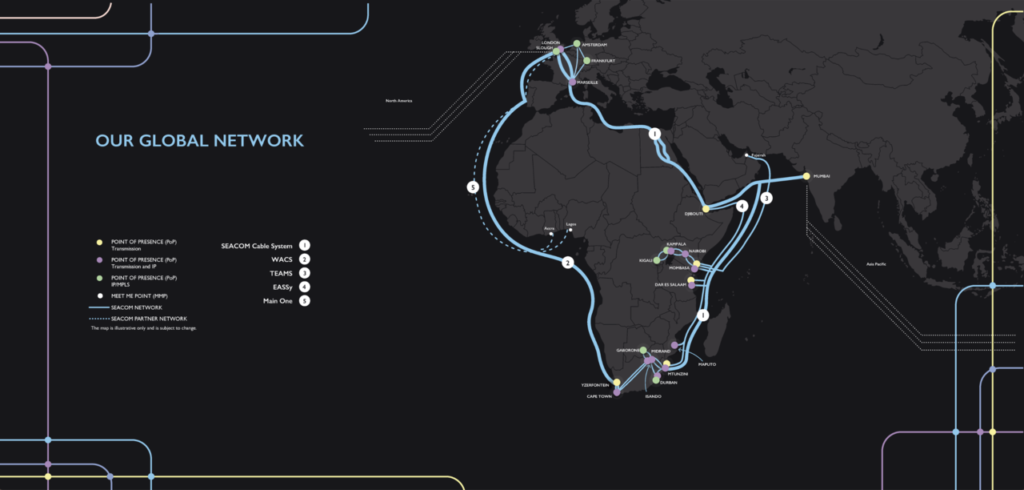Cleaning up the other day, I found this relic. It’s a cheap but practical keepsake that a kind bar lady in Nalongo gifted me as a souvenir from a time when Uganda at 50 celebrations found me on the other side of the Kenya-Busia border. It is the commemorative label from the bottle of my favorite Ugandan beer, Nile Special, marking Uganda at 50.
Uganda’s, ‘The Pearl of Africa’, jubilee celebrations took place most of 2012. As a young Kenyan lad, it was great time to experience Uganda. Kibakinomics had made the shilling plenty in the pocket; and worth even plenty more in Uganda. Beer across there was 35 to 55 bob (Kenya shilling equivalent) a bottle, depending on the joys on offer at the establishment. A generous plate of chips mwitu with two fried eggs and a side of sliced avocado would set you back something close to 60 Kenya shillings. My favorite, kuku choma quarter with ugali and avocado damaged my pocket for between KES 100 and 120.
But it was even a greater time to be African, in those hopeful years that were the early 10’s.
The early 10’s
The early 10’s of the 21st century – 2010, 2011, 2012, slightly earlier and later – were a watershed period for the African renaissance dream. My economist friend says it was so because Africa and other frontier markets benefitted massively from capital flight from Western markets. The American subprime mortgage crisis of 2007 -2010 and The Great Recession of 2007 onwards had reminded the world of Africa’s existence.
One aftermath of this reminder was an urgency by the owners of capital, early the second decade of the 21st century, to globalize trade. Driven by an new impetus to chase astronomical returns from the virgin markets of Africa, money chased after money. While mega highways, dams and the likes did get build, it is the arrival of fast speed internet off the East African coast, that made us young Africans feel part of the collective human future.

Looking to the future with hope: Uganda at 50, Obama and Ke nako
Around the turn of the first decade of the 21st century, a number of African countries were celebrating 50 years of rebirth after downing the yoke of colonialism in the early 60’s. We Africans not only felt that we had come of age, but it was also ‘Ke nako’: “it’s time” , our time, as they say in SeSotho. 2009, Obama. As we were still processing Obama, between 11 June and 11 July 2010, the 19th edition of the FIFA World Cup in South Africa.
The World Cup, in particular, allowed us young Africans to orientate ourselves and the futures of our countries and the continent in the new brave 21st century. On the internet, we saw the muted fanfare of the event in some parts of the word. On the interwebs, we share the pain of our oh, beloved Ghana. Collectively, we responded to the criticism of our culture (Remember the vuvuzela furor?) Even if they did eventually win, we were at least heard. Most importantly, we could ‘see’ each other in the face, look each other in they eyes and say: Hey, you having a party? Well, I’m coming over.
Come 9 October 2022, A happy 60th dear Uganda.
Subscribe to Mulembe Weekly
Get culture, language, stories and discussions in your inbox every Friday 5 PM East Africa Time
